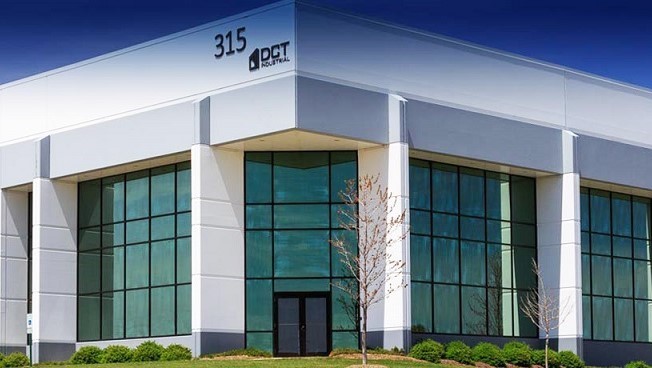
CHICAGO—As reported in GlobeSt.com, Prologis will acquire its rival industrial REIT DCT Industrial Trust in a stock-for-stock deal for $8.4 billion. Experts say the deal, which boards of directors for both companies have approved, will help Prologis acquire land in the nation's top markets as e-commerce activity pushes up industrial demand to historic levels.
And although much of Denver-based DCT's 71 million square foot operating portfolio lies in Southern CA, San Francisco, NY/NJ, Seattle and South FL, it also has a significant presence in the Chicago region, which could mean an eventual boost in local activity from Prologis, the world's largest warehouse owner.
“I don't think this will be the only large industrial transaction this year,” Erik Foster a principal based in Avison Young's Chicago office and member of the company's national industrial capital markets group, tells GlobeSt.com. Moves such as this “continue to validate that investors consider industrial assets the prize possession in today's investment market.”
As of December 31, the San Francisco-based Prologis owns and manages 212 buildings with a total of 37 million square feet in the Chicago metro area, with a major concentration in the O'Hare submarket.
“DCT has a fairly large presence here in Chicago as well,” Foster says. According to the company's website, it has 13 existing buildings or projects underway, with a total of 2.65 million square feet, mostly in the I-55 or O'Hare submarkets.
But those numbers don't tell the whole story. According to data from Real Capital Analytics, in the past few years, both DCT and Prologis have been quite active sellers in the Chicago market. In 2017, for example, DCT had about $47 million in Chicago-area sales, compared to $194 million for Prologis. In 2016, the companies had $59 million and $282 million in Chicago-area sales, respectively.
And both have been active in other regions around the Midwest. In the rapidly expanding distribution hub of Columbus, DCT completed $132 million in sales since 2014, versus $313 million for Prologis. Indianapolis is another metro that has attracted a lot of interest from developers and investors, and DCT had $63 million in sales since 2014, compared to $125 million for Prologis.
Foster says there could be some overlap between the facilities that DCT and Prologis have in these and other Midwest metros, and these buildings could hit the market as the merged entities streamline operations. “In the coming days, there could be some opportunities.”
© Touchpoint Markets, All Rights Reserved. Request academic re-use from www.copyright.com. All other uses, submit a request to [email protected]. For more inforrmation visit Asset & Logo Licensing.







